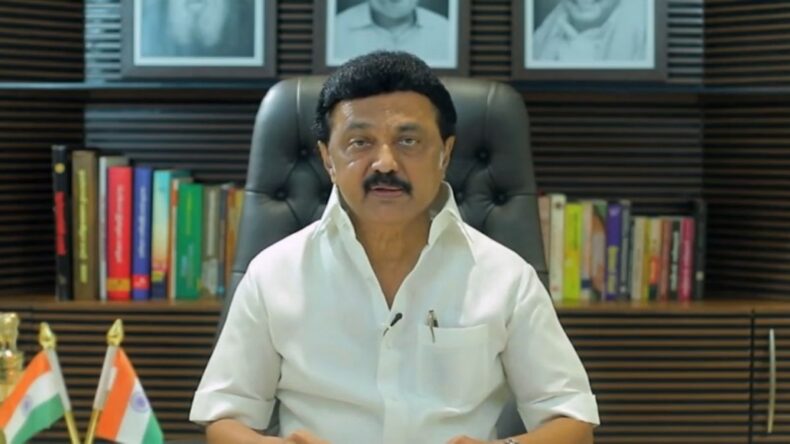According to the state government of Tamil Nadu announcement on Wednesday, a welfare board for non-resident Tamils will be constituted as per the Tamil Nadu Non-Resident Tamils’ Welfare Act 2011, passed during the last Karunanidhi administration.
DMK governments [2006-11] gave the legislation, and the AIADMK governments [2011-21] did not constitute the board.
M.K Stalin, the Chief Minister of Tamil Nadu, announced that the welfare board would be of 13 members, including government officials and representatives of the non-resident Tamil community. In Tamil Nadu, the Non-Resident Tamils’ Welfare Fund would be the corpus of around five crores.
Muthuvel Karunanidhi Stalin, also known as Thalapathi, is an Indian politician from Tamil Nadu and the working president of the Dravida Munnetra Kazhagam (DMK) party. His mayorship in Chennai lasted from 1996 to 2002, and he served as deputy chief minister from 2009 to 2011.
He was born to veteran Tamil Nadu politician Karunanidhi’s second wife, Dayalu Ammal, as the third of his three sons. Stalin was named Karunanidhi’s heir apparent on January 3, 2013. On January 4, 2017, he chose the position of Working President of the DMK. Stalin made a memorial post on social media following the passing of his father on August 7, 2018.
“For one last time, I will call you, my father. I have spent an entire life calling you a leader,” he wrote. The Indian state of Tamil Nadu elected roughly 234 representatives during the 16th Legislative Assembly election held on April 6 2021. The AIADMK lost its control over the state after losing to the DMK in the election.
A decade-long rule by the All India Anna Dravida Munnetra Kazhagam (AIADMK) came to an end following Dravida Munnetra Kazhagam (DMK) victory. Stalin became Tamil Nadu’s eighth Chief Minister. Edappadi K. Palaniswami, of the AIADMK, was replaced by him.
What M.K Stalin said?
This database contains information about non-resident Tamils. They will receive extended life and medical insurance coverage as well. The Chief Minister said, “In case of death of emigrants from low-income groups, financial assistance would be extended to their children for education and marriage.”
The establishment of a centre is to provide a legal aid centre for non-resident Tamils. In the wake of COVID-19, over 7 lakh workers have returned to Tamil Nadu. The government will extend loans to them worth six crores to enable them to become entrepreneurs.
With the proposed ‘My Village’ scheme, non-resident Tamils have the opportunity to build civic infrastructure and schools in their native villages. The CM said, “They would be invited to extend their help to improve schools, hospitals, libraries in their native villages.”
There would be a comprehensive database of welfare associations of non-resident Tamils in various countries. Decided to allocate Rs. 4 crores for their cultural exchanges and interactions. Moreover, January 12 would be the Non-Resident Tamil Day.
-To establish the welfare board and fund (6.40 crore)
-To implement various welfare programs (8.10 crore)
-To promote the arts, literature, and cultural exchange (5.50 crore)
-Total of 20 crores would be available.
The Tamil Virtual University will provide Tamil lessons towards non-resident Tamils for their welfare. Aside from the counselling sessions held in Chennai for people planning to emigrate for higher education and employment, there would be sessions held in Ramanathapuram, Pudukkottai, Kanniyakumari, Thanjavur, Perambalur, Sivaganga, and Villupuram.
Despite the Act’s passage a year ago, there exists a discussion. A discussion occurred on whether the board’s registration is essential under the Societies Act or the Commissionerate would be sufficient. After they assumed office in May, DMK government officials gave instructions to complete the pending action over the Act swiftly.












